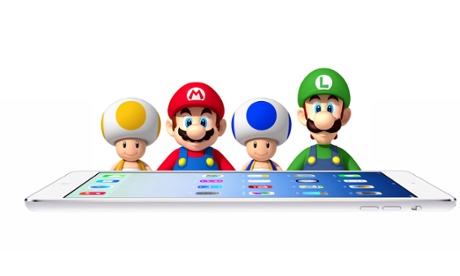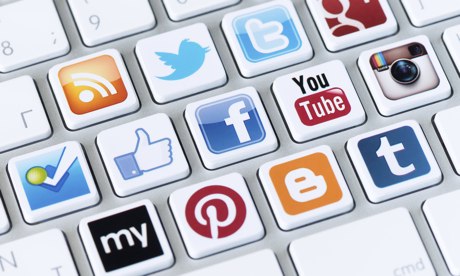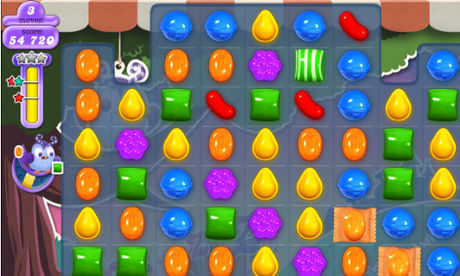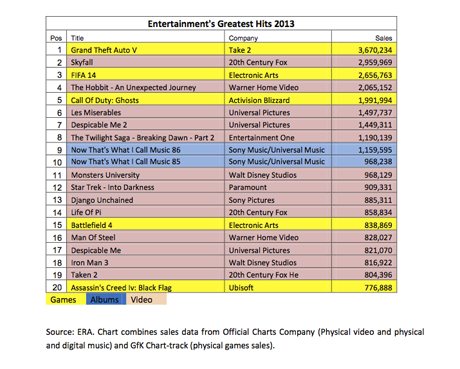BBC targets social media users with Instagram video news
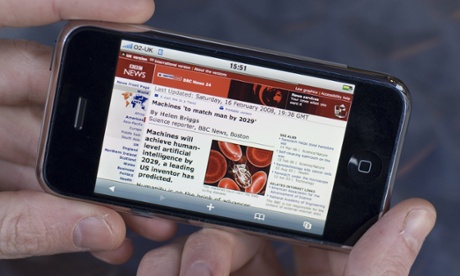
BBC News is stepping up its efforts to reach new audiences on social media platforms after mobile and tablet viewing figures overtook desktop use for the first time in December.
On 16 January, BBC News launched Instafax, a new short-form video news service delivered to Instagram users. The project is a month-long experiment, with three 15-second videos uploaded a day, intended to serve as a roundup of the day's news.
The name is a throwback to the BBC’s former Ceefax service – the world’s first teletext service that ran on UK television until 2012. This is described as the updated version of a text-based, short-form news service for the digital age.
BBC News has been growing in terms of finding new audiences, as new apps are being launched. BBC launched Instafax, a new short-form video news service delivered to Instagram users. It allows audiences to have more to communicate through.
